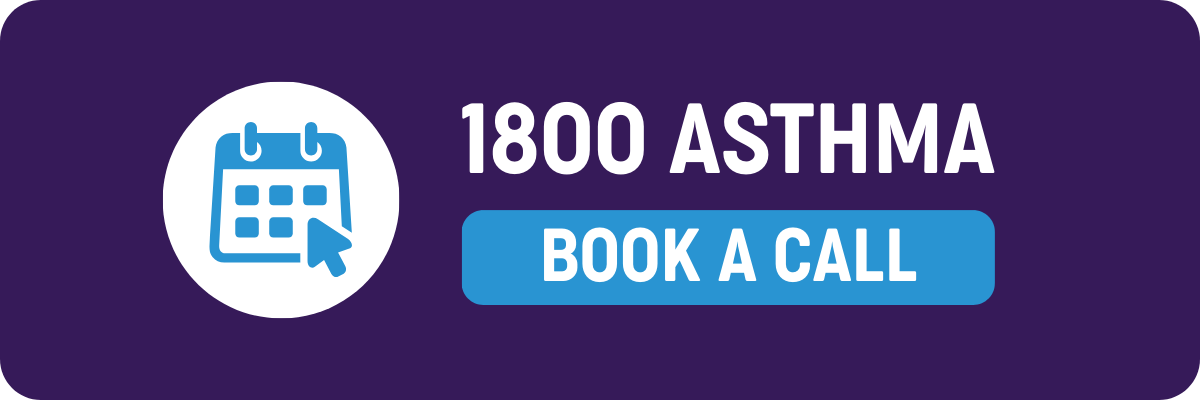Hay fever and pollen
Have you ever found yourself sneezing when you didn’t have a cold or flu virus? Or maybe you had a blocked or runny nose?
Hay fever (also known as allergic rhinitis) is an allergic reaction to particles found in the air that you breathe. These particles are breathed in through your nose or mouth. This allergy can worsen or flare-up your asthma and hay fever symptoms. The most common allergy for people with asthma and hay fever is pollens from grasses. Other allergies may be from dust mites, mould or animal dander.
WHAT DOES HAY FEVER FEEL LIKE?
- itchy nose or eyes
- runny or blocked nose
- sneezing
- throat clearing/coughing to clear the throat
- snoring
- mouth breathing
- always feeling like you have a head cold
- feeling tired and/or disturbed sleep
- poor concentration
- recurrent headaches
- frequent sore throats
- hoarse voice
- reduced sense of smell
- frequent sinus infections in adults, causing facial pain or pressure
- frequent ear infections in children.
You do not need to have all these symptoms to have hay fever. You might only experience a few. Some people may experience hay fever at certain times of the year – like spring or summer – due to pollens in the air. Other people experience these symptoms all year round.
If you are unsure about what’s causing your hay fever symptoms, talk to your doctor about having allergy testing – in particular, grass pollen allergy testing. Having treatment to desensitise your allergy might be an option to consider with advice from your doctor to prevent symptoms.
It is important to treat the allergies in your nose, as well as treating asthma in the lungs.
If you have both asthma and hay fever, you will need TWO written plans from your doctor. A written Asthma Action Plan and an Allergic Rhinitis Treatment Plan.
Asthma and hay fever are closely linked – it is the most common type of allergy that overlaps with asthma. About 80% of people with asthma also have hay fever. Both are related to sensitivity in your airways. For asthma, the airways of the lungs are sensitive, while hay fever creates sensitivity is in the nose. Your nose and lungs are connected, so hay fever can trigger your asthma.
Treating your hay fever well is one of the best ways to improve your asthma control. If left unchecked, asthma and hay fever can seriously affect your or your child’s quality of life and put your health at risk.
To manage asthma and hay fever over spring, you can use pollen monitoring apps and websites such as AirRater and Auspollen. However, there is not one provider that covers all states. To understand how pollen from your garden could be triggering your asthma – see trees, plants and gardening.
Learn more about managing your asthma and hay fever by watching the video below:
Asthma Educators can answer your asthma questions
Book a FREE phone call at a time that works for you or call us direct on 1800ASTHMA (1800 278 462).








